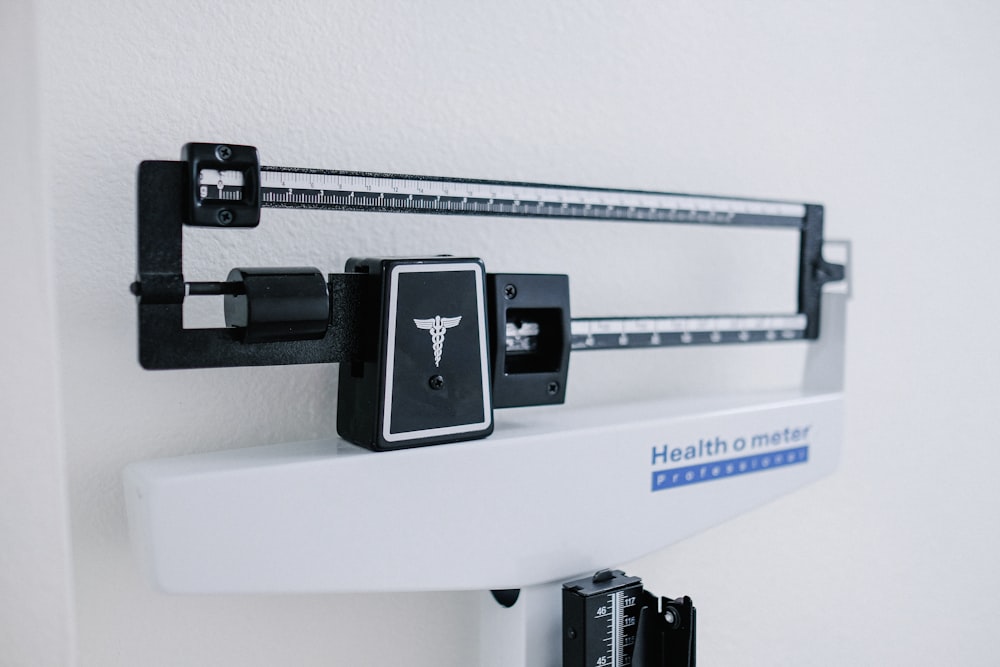While being overweight and obese has long been associated with an increased risk for developing obstructive sleep apnea, could using CPAP therapy to treat sleep apnea actually cause you to gain a few pounds?
The idea that treating sleep apnea could cause you to gain weight sounds counterintuitive at first, but some are arguing that CPAP treatment has this affect. Here is a closer look at some of the current claims surrounding CPAP machines and whether they can affect your weight.
Recent Arguments Claiming CPAP Machines Contribute to Weight Gain

The possibility that using a CPAP machine could cause you to gain weight has gained some added attention thanks to a recent report from Sleepopolis, which highlighted both studies and anecdotal evidence that CPAP users are more likely to gain weight than lose it after beginning their treatment.
One woman interviewed for the article explained that because she was sleeping more soundly after starting CPAP therapy, she had fewer limb movements during the night — so she burned fewer calories than she once did during sleep.
Others suggest that CPAP therapy can potentially lower the body’s basal metabolic rate (or BMR), which means that a person will burn fewer calories. However, the same study noted that other factors had a much larger role in BMR variability, and that it is hard to blame weight gain on a single factor.
Finally, some criticized the methods used by some of the studies and their methods (such as a small number of participants). Studies on CPAP therapy and weight gain have seen dramatically different results, which makes it hard to draw any conclusive evidence.
How Good Sleep Affects Your Weight

On the other hand, there is ample evidence that poor sleep can lead to unhealthy weight gain — and that getting good sleep can make it easier to maintain a healthy weight.
A report from the Harvard School of Public Health notes that a “lack of sleep could be a major contributor to the obesity epidemic,” citing a study that followed 68,000 middle-aged women in the United States over 16 years. This study found that women who slept only five hours or less per night were 15 percent more likely to become obese than those who slept at least seven hours per night.
It has been noted that sleep deprivation — whether the result of sleep apnea, insomnia, or poor sleep hygiene — often results in increased appetite, especially for foods high in carbohydrates and fats. At the same time, sleep deprivation naturally causes people to feel more tired during the day, which results in them becoming less physically active.
Essentially, poor sleep makes it harder to make “smart” choices in relationship to other activities that have a direct impact on your weight and overall health. By making you more likely to eat poorly and less likely to exercise, sleep deprivation creates the perfect storm for unhealthy weight gain.
By helping you get higher-quality sleep each night, it stands to reason that using a CPAP machine could have a positive influence on your weight. Simply by having more energy, you’ll be more likely to be physically active. And the potential for reduced appetite (and fewer cravings for unhealthy snacks to get an energy boost) can further help to avoid weight gain.
Either Way, a Healthy Lifestyle Matters

There can be arguments made for and against the idea of a CPAP machine affecting your body weight. But regardless of whether you use a CPAP machine or not, being overweight or obese will increase your risk for developing obstructive sleep apnea. And sleep deprivation can ultimately lead to additional weight gain.
Because of this, you should seek to live a healthy lifestyle that helps you either maintain weight or lose extra pounds. Make a lifestyle plan in collaboration with your doctor, who can recommend changes specific to your needs. However, there are a few general “best practices” that can be helpful for most people.
First, be mindful of your diet. A diet that avoids heavily processed foods high in sugar and salt can be especially helpful for people who have also been diagnosed with conditions like diabetes or high blood pressure. A diet focused on whole foods and plant-based foods will provide more sustainable energy, while being less likely to contribute to weight gain.
Being physically active will also make a difference. A consistent mix of aerobic and anaerobic exercise doesn’t just help with your weight. It can improve stamina and muscle strength, making it easier to carry out a variety of daily activities.
Finally, practice good sleep hygiene so you can get better-quality sleep each night. A dark, cool, and quiet bedroom is more conducive to falling asleep quickly and staying asleep. Avoid screen time before bed, and follow a set bedtime routine (and sleep time) to help your body know when to go to sleep.
Get Quality Sleep For a Healthier Life
The arguments about whether using a CPAP machine can contribute to weight gain will unlikely go back and forth for some time to come. But what is certain is that improved sleep quality can greatly improve your quality of life, and leave you better equipped to make healthy choices.
With that in mind, a CPAP machine is well worth considering if you have been struggling with obstructive sleep apnea. And with Help Medical Supplies, it’s never been easier to get the equipment you need — even if you don’t have health insurance. With heavily discounted pricing on new and certified pre-owned equipment, available financing, and free shipping on most orders $99 and up, you can get the quality equipment you need so you can enjoy the sleep you deserve.

